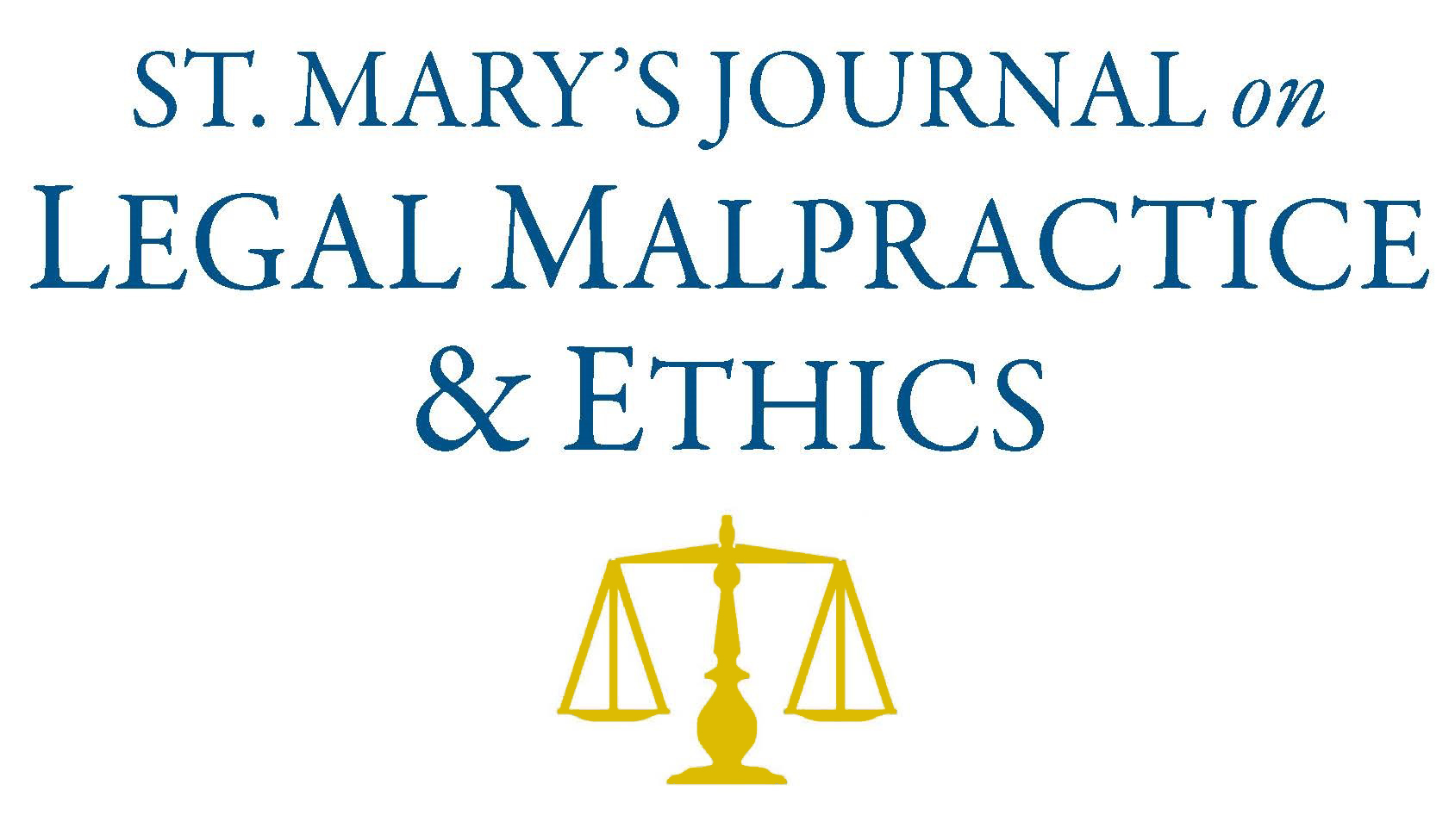
First Page
283
Date Created
11-10-2023
Publisher
St. Mary's University School of Law
Editor
Julia M. Tillman
Last Page
318
Abstract
An extraordinarily number of Americans either cannot afford or cannot find lawyers to assist them on civil legal matters. And an increasing number of Americans turn either to on-line apps or to nonlawyer professionals whose practices may overlap in whole or in part with what lawyers do. Although individuals receive much needed assistance, these alternative providers often confront allegations of committing the unauthorized practice of law. Unfortunately, the rules regarding the unauthorized practice of law (“UPL”) are both outdated and extraordinarily ambiguous. Moreover, UPL issues regarding alternative providers are distinct from questions concerning whether nonlawyers should be entitled to be law firm partners, own law firms, or issues arising in multijurisdictional practice. The question here is how to define what nonlawyers and entities that are not law firms can and should be able to do entirely on their own. This Article discusses both past and present definitions of UPL and the significant problems created by those definitions. It also presents a new approach to defining UPL that would permit a substantial increase in access to both legal information and services by allowing certain nonlawyers and computer apps to provide much needed assistance.
Recommended Citation
Jan L. Jacobowitz & Peter R. Jarvis,
Unauthorized Practice or Untenable Prohibitions: Refining and Redefining UPL,
13
St. Mary's J. on Legal Malpractice & Ethics
283
(2023).
Available at:
https://commons.stmarytx.edu/lmej/vol13/iss2/3

